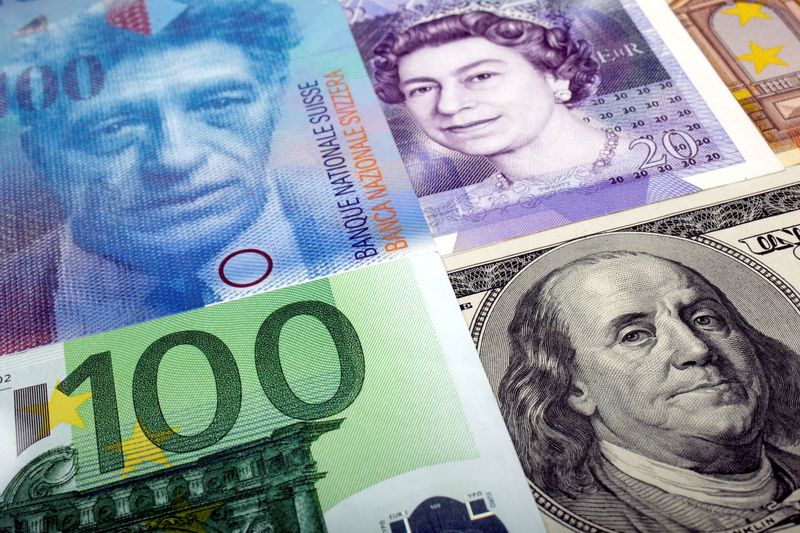ZURICH (Reuters) - Global wealth, as measured in personal holdings of assets from real estate to stocks and shares, is projected to rise 38% by 2027, driven largely by emerging markets, a study published by Credit Suisse (SIX:CSGN) and UBS showed on Tuesday.
The annual Global Wealth Report, which estimates the wealth holdings of 5.4 billion adults across 200 markets, says global wealth will reach $629 trillion over the next five years.
The upbeat outlook comes despite 2022 recording the first fall in net global household wealth since the 2008 global financial crisis.
In nominal terms, net private wealth dipped 2.4% last year, with the loss concentrated in more prosperous regions such as North America and Europe, the report showed. A stronger U.S. dollar was a big factor.
The largest wealth increases last year were recorded for Russia, Mexico, India and Brazil. The report forecast wealth in emerging economies, including the BRICS countries - Brazil, Russia, India, China and South Africa - will rise 30% by 2027.
It expects the further increases in emerging markets to contribute to a reduction in global wealth inequality in the coming years.
The largest declines last year came from financial assets, as opposed to non-financial assets such as real estate, which remained resilient.
Broken down on an individual basis, this meant adults were $3,198 worse off by the end of last year.

However, "global median wealth, arguably a more meaningful indicator of how the typical person is faring, did in fact increase by 3% in 2022 in contrast to the 3.6% fall in wealth per adult," the report said.
Median wealth has seen a five-fold increase this century, largely due to rapid wealth growth in China.